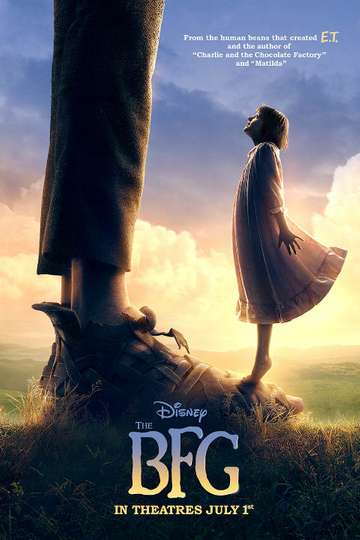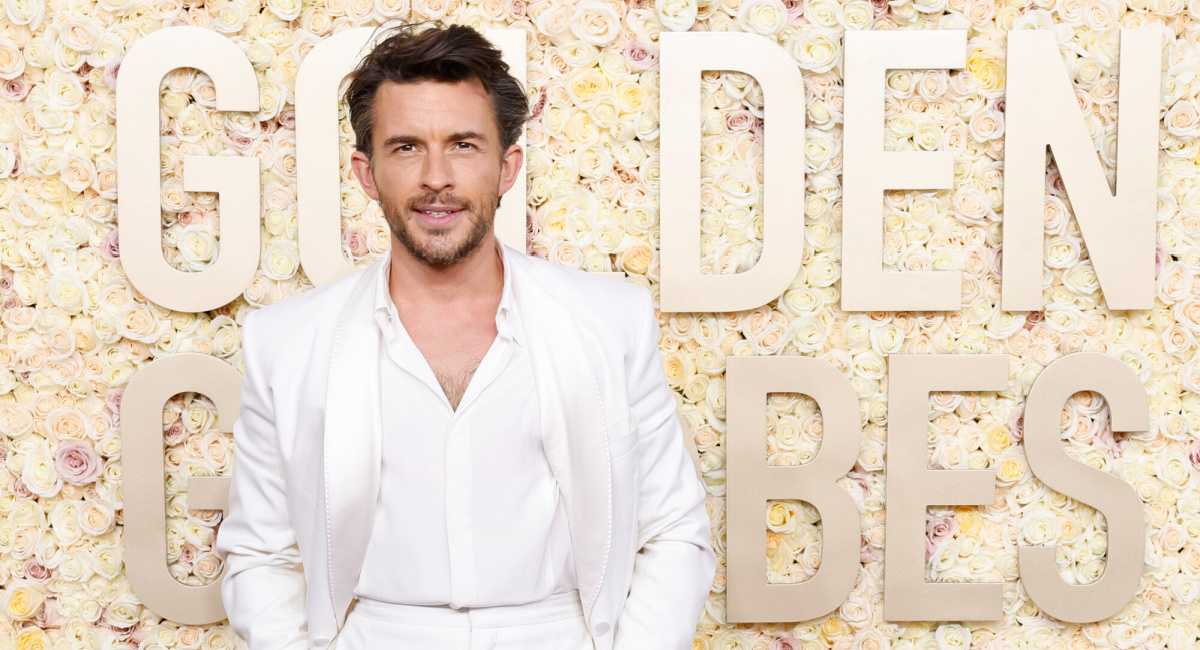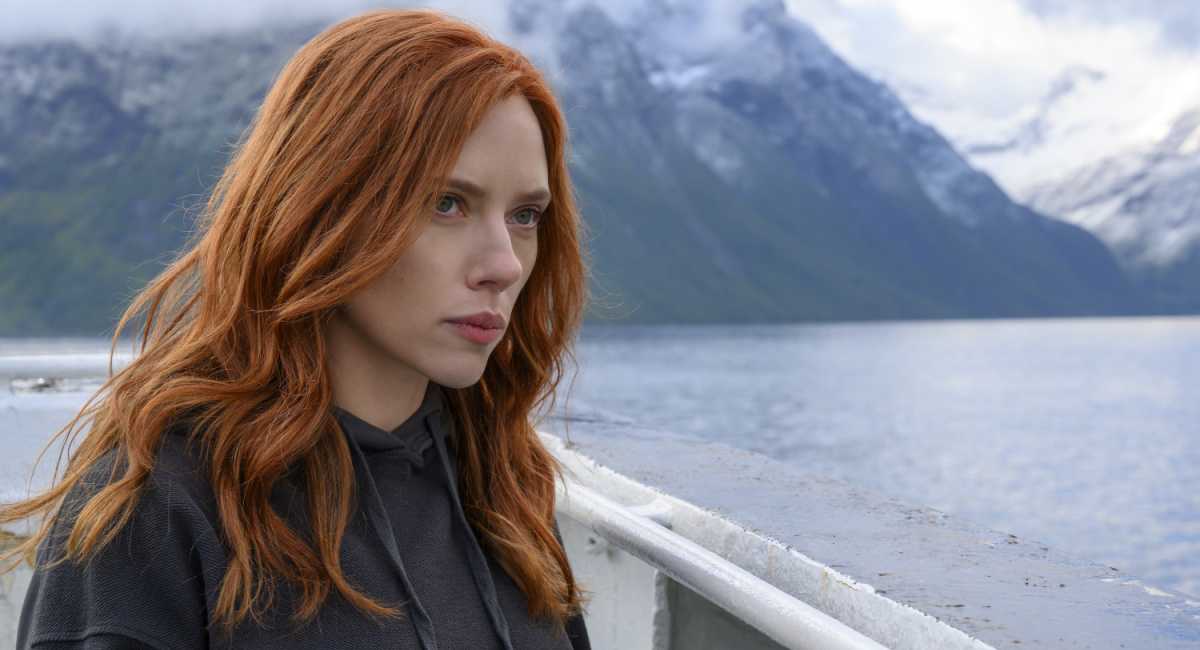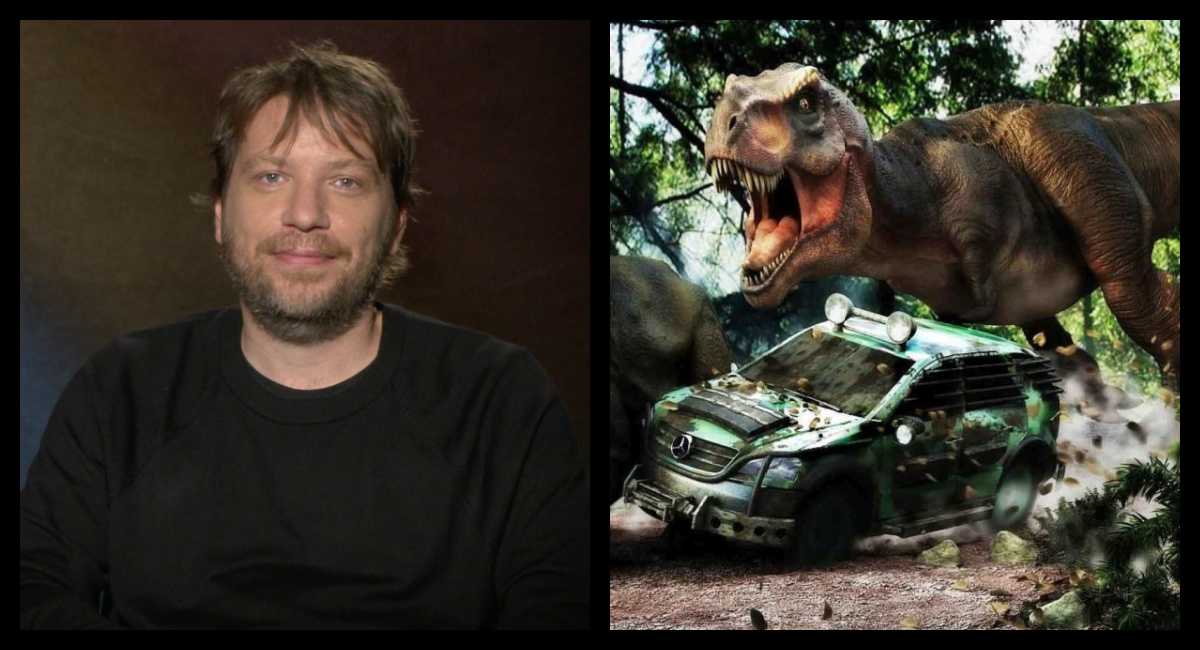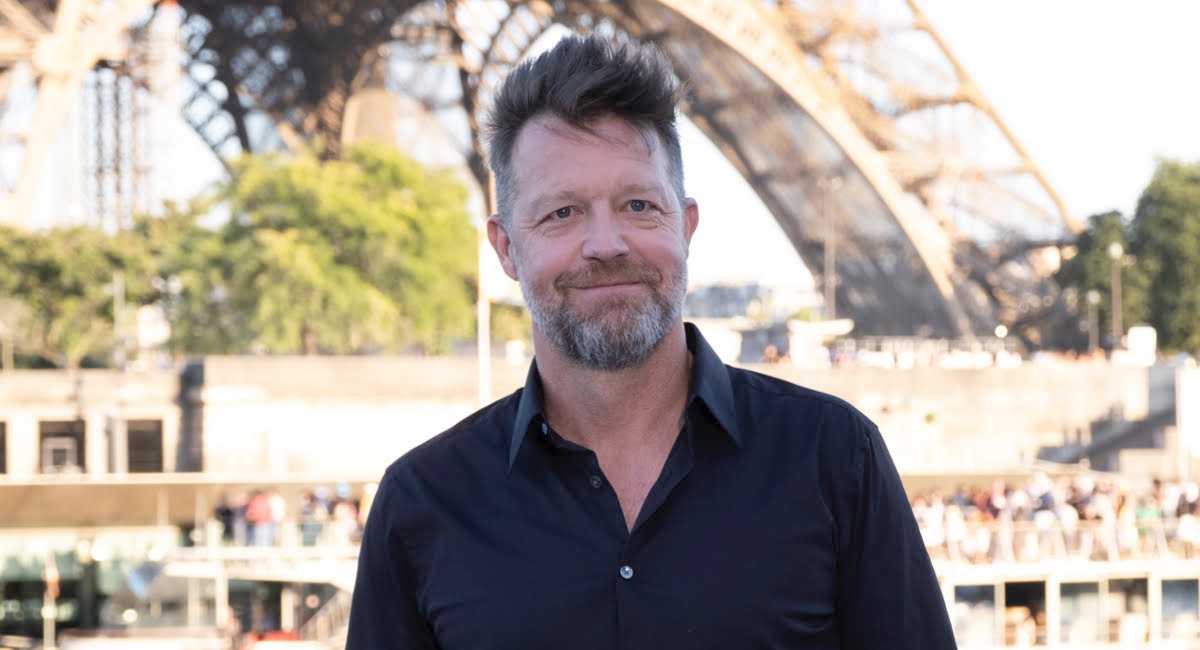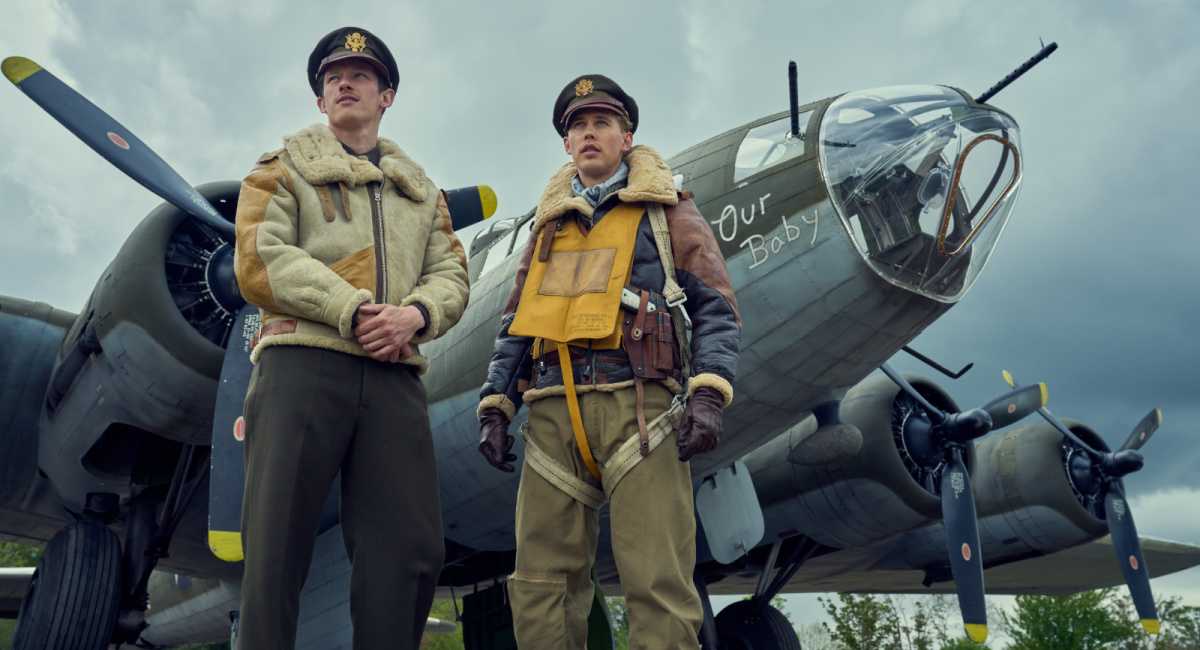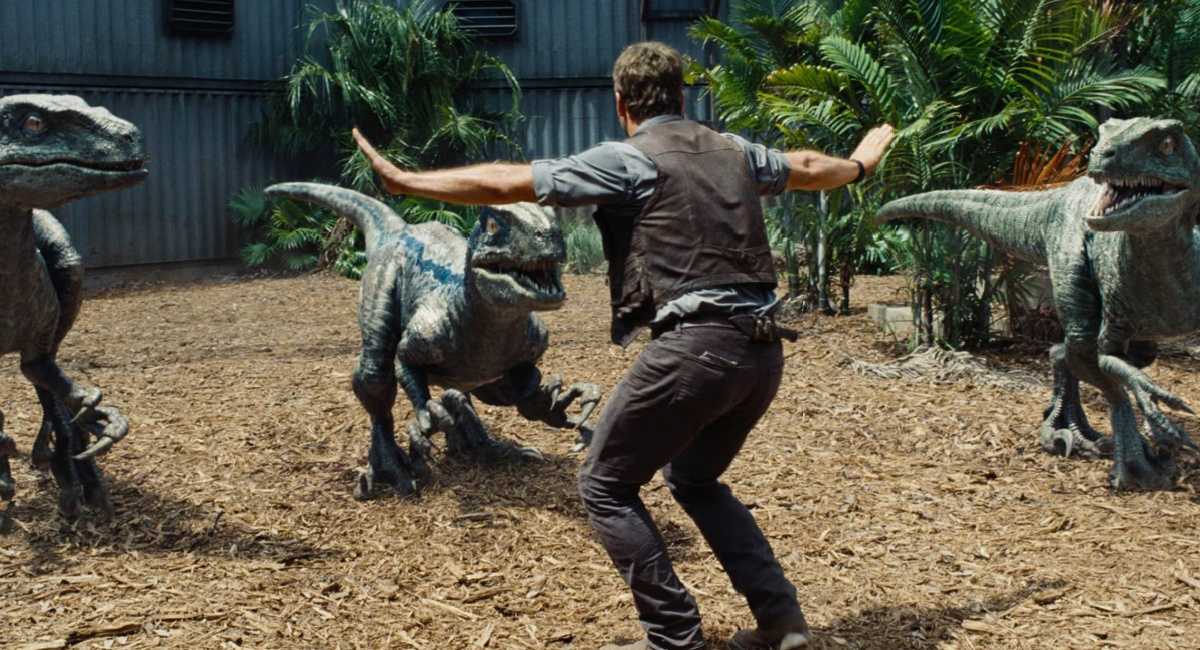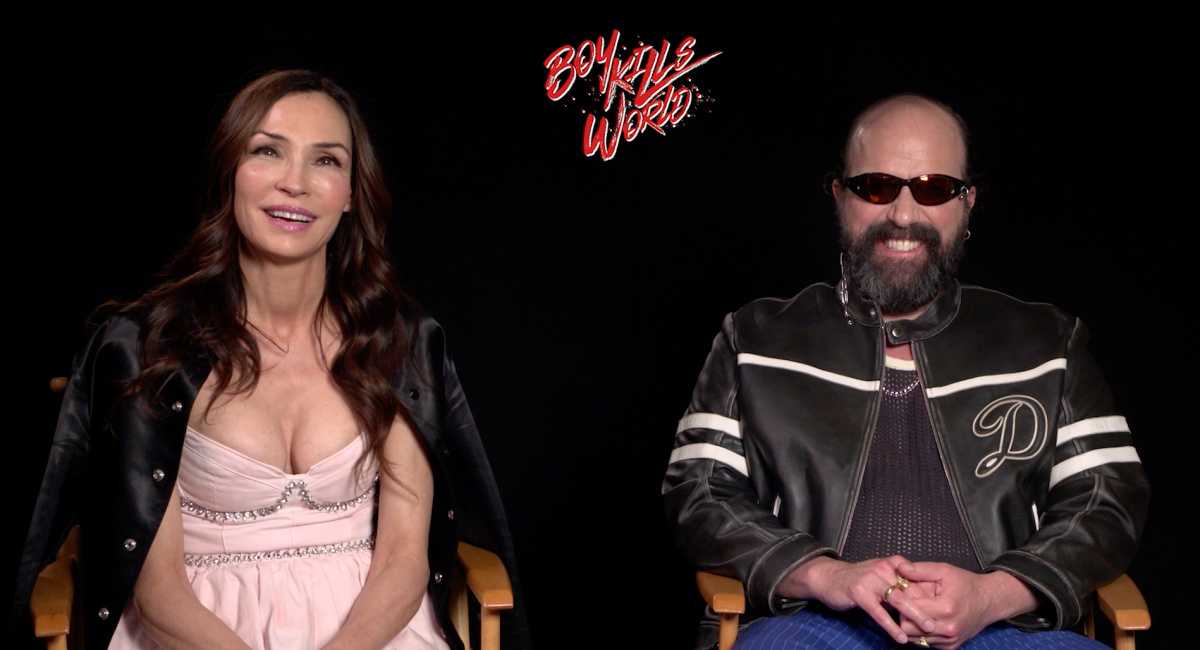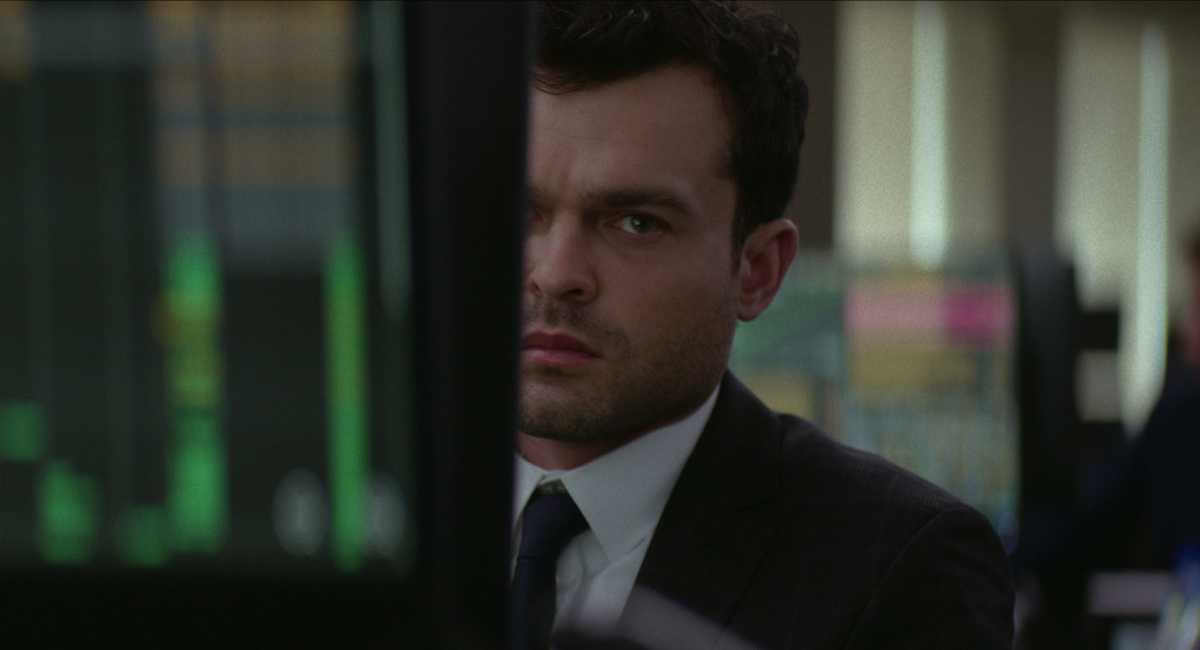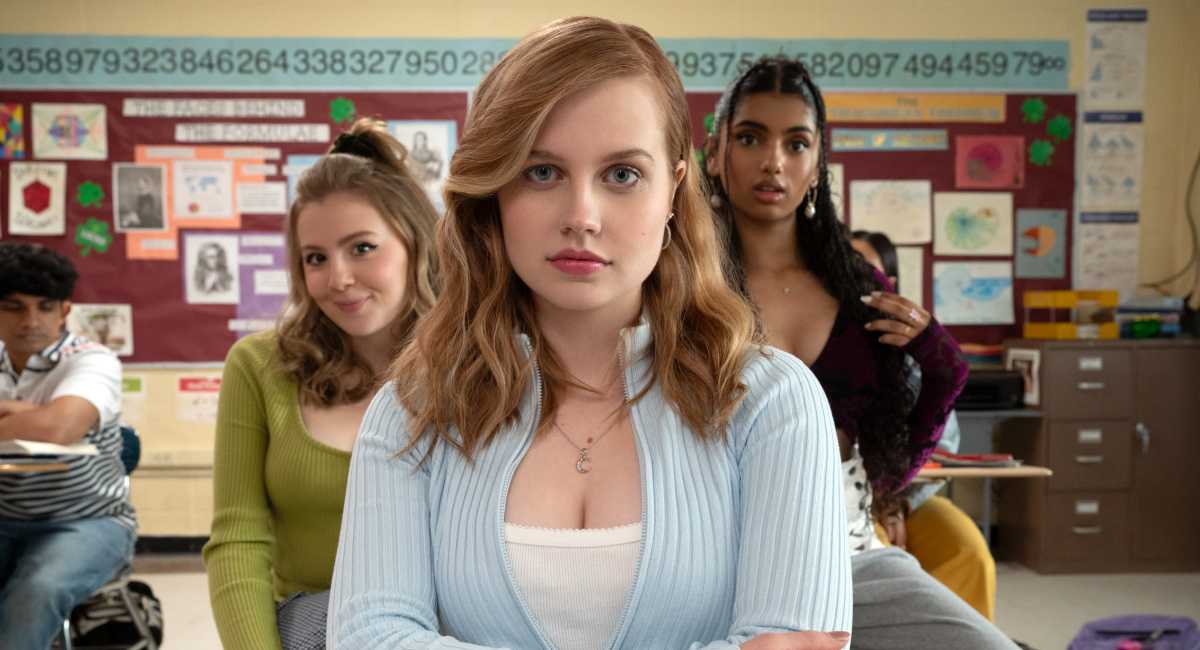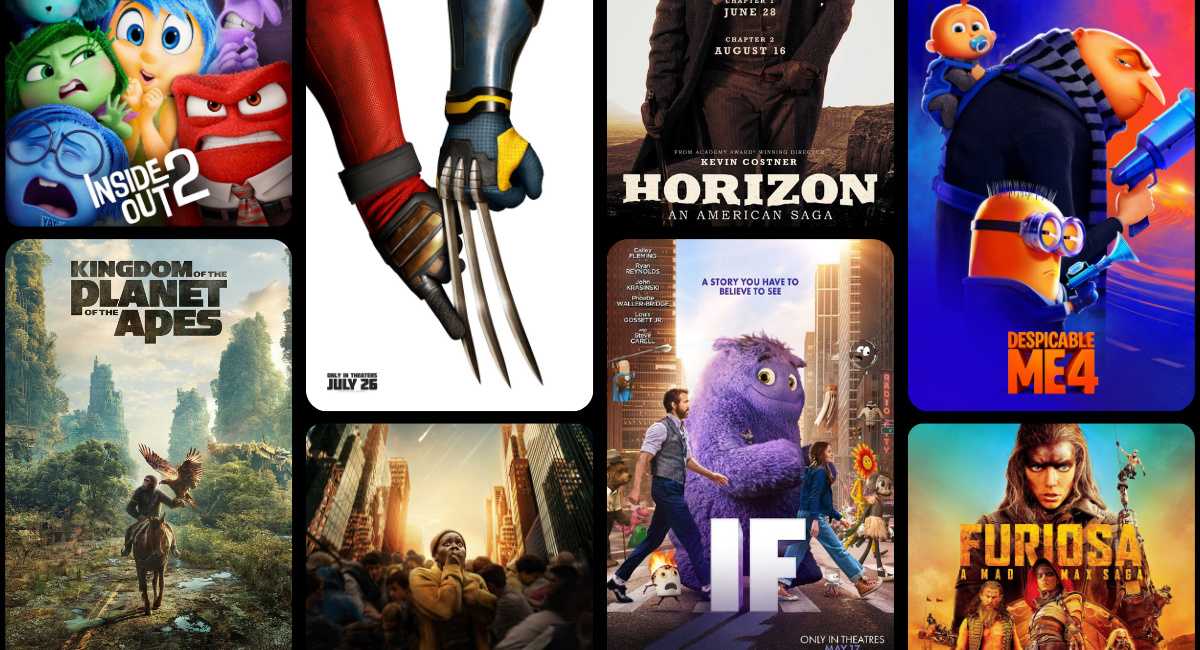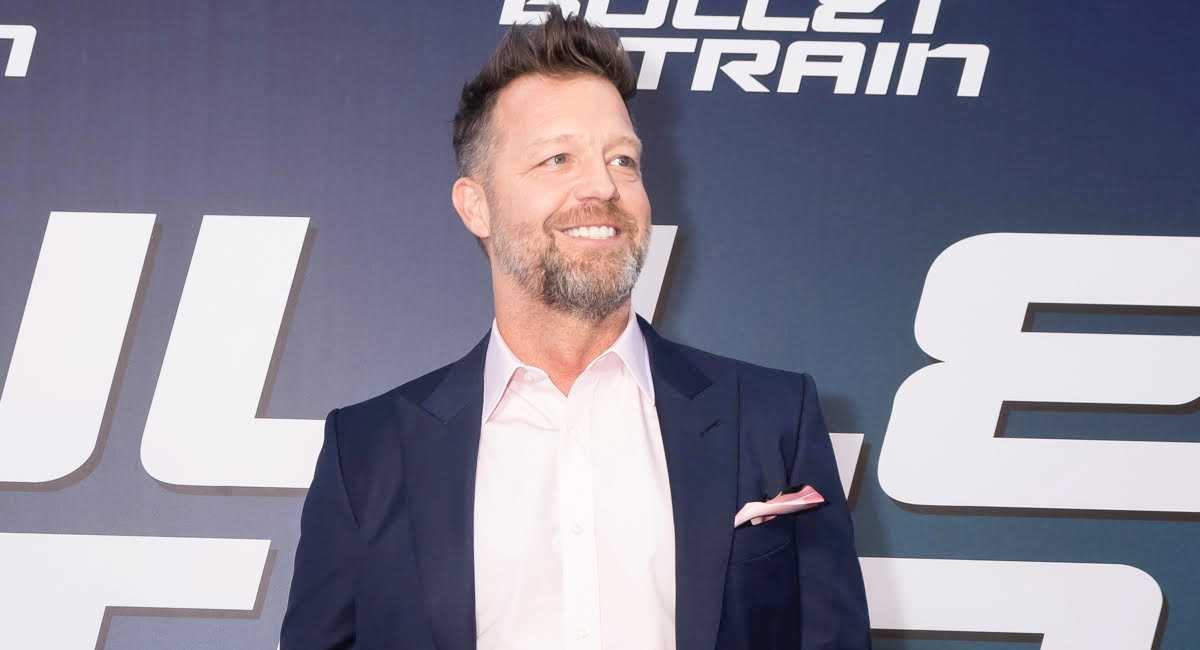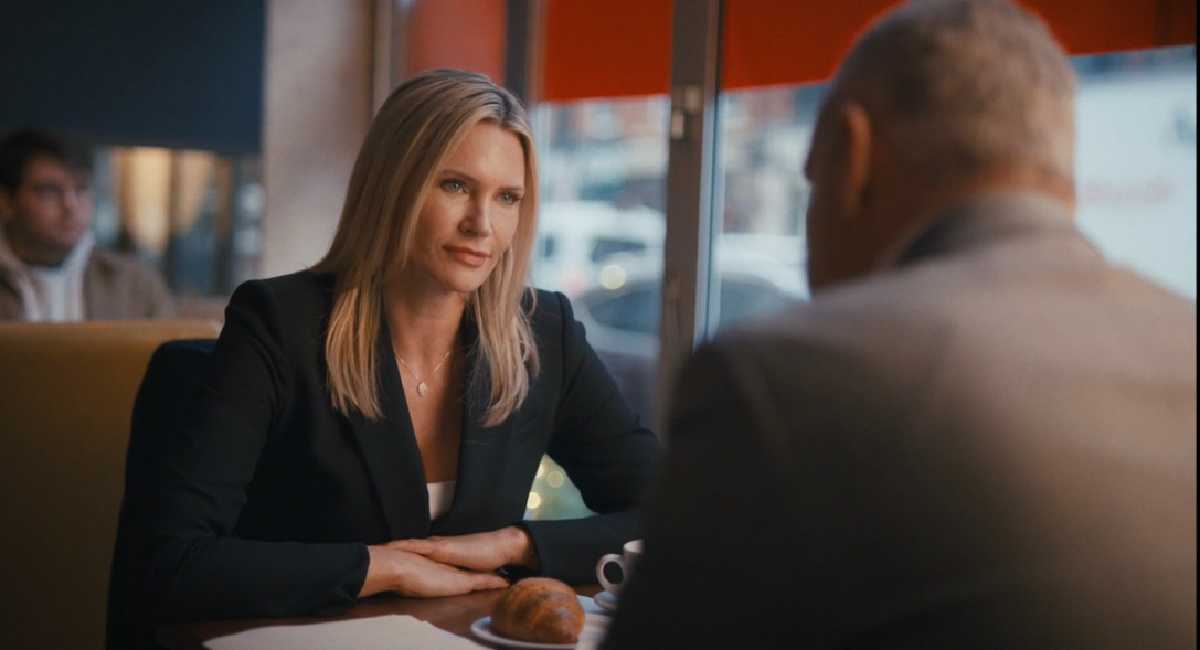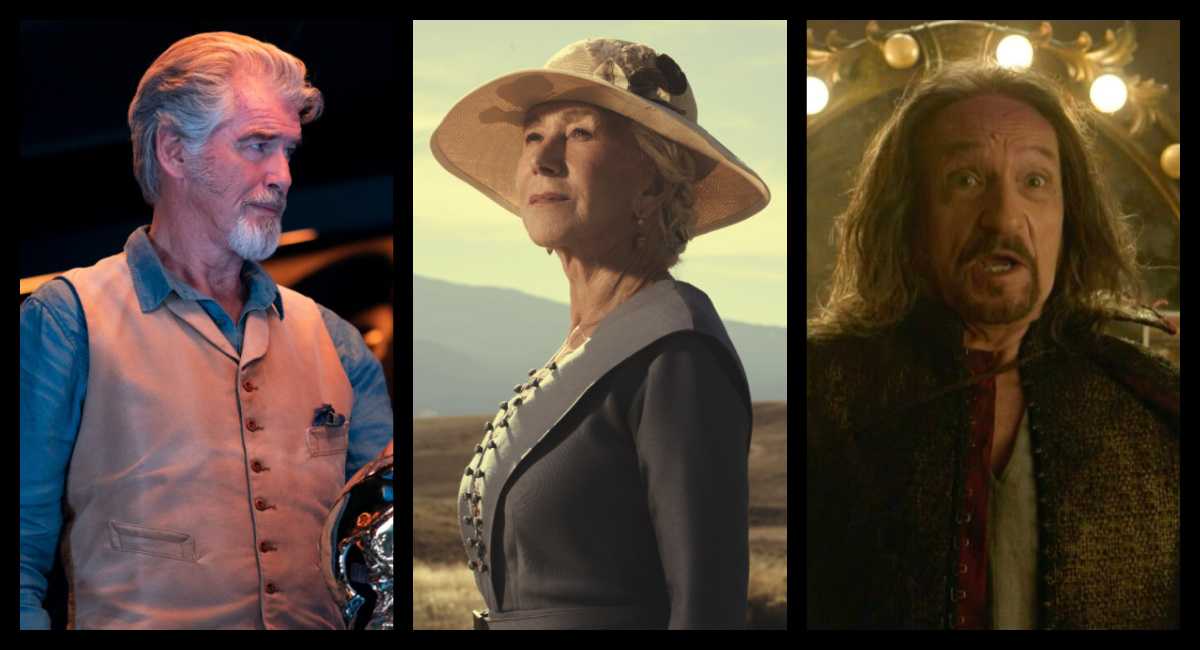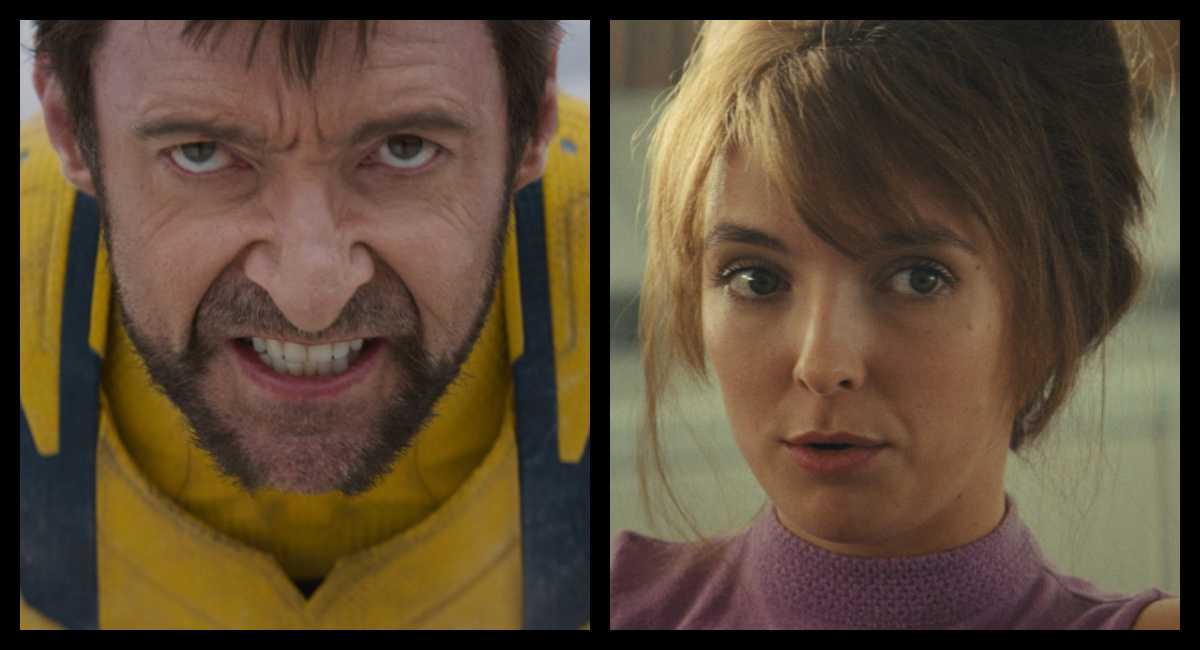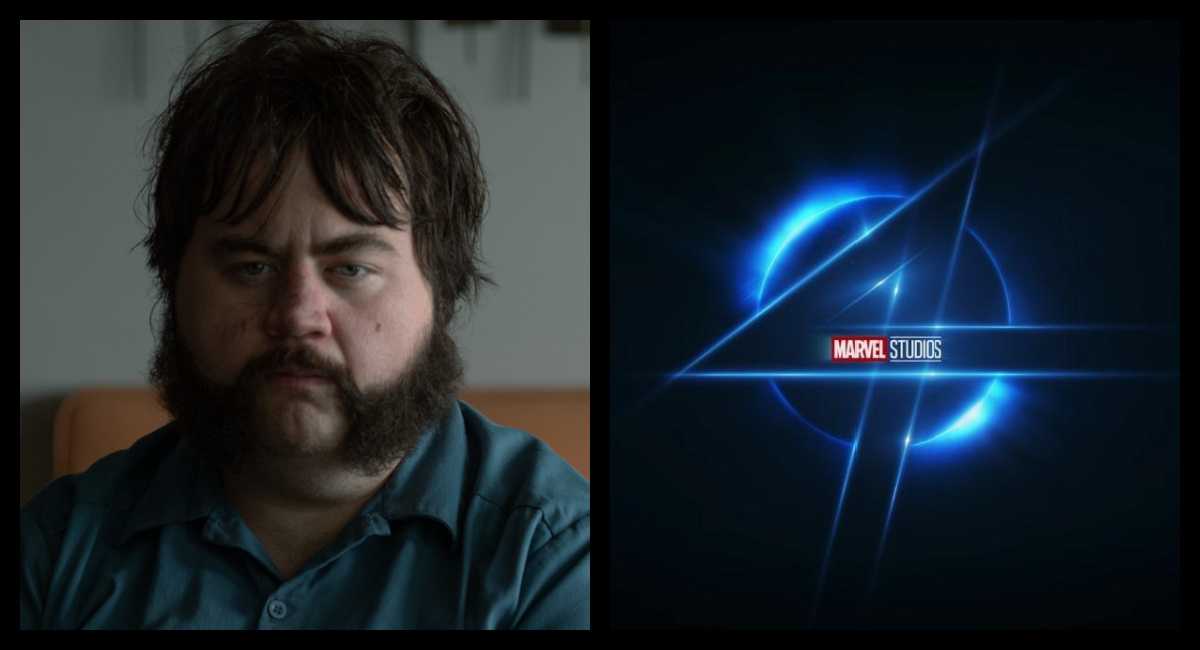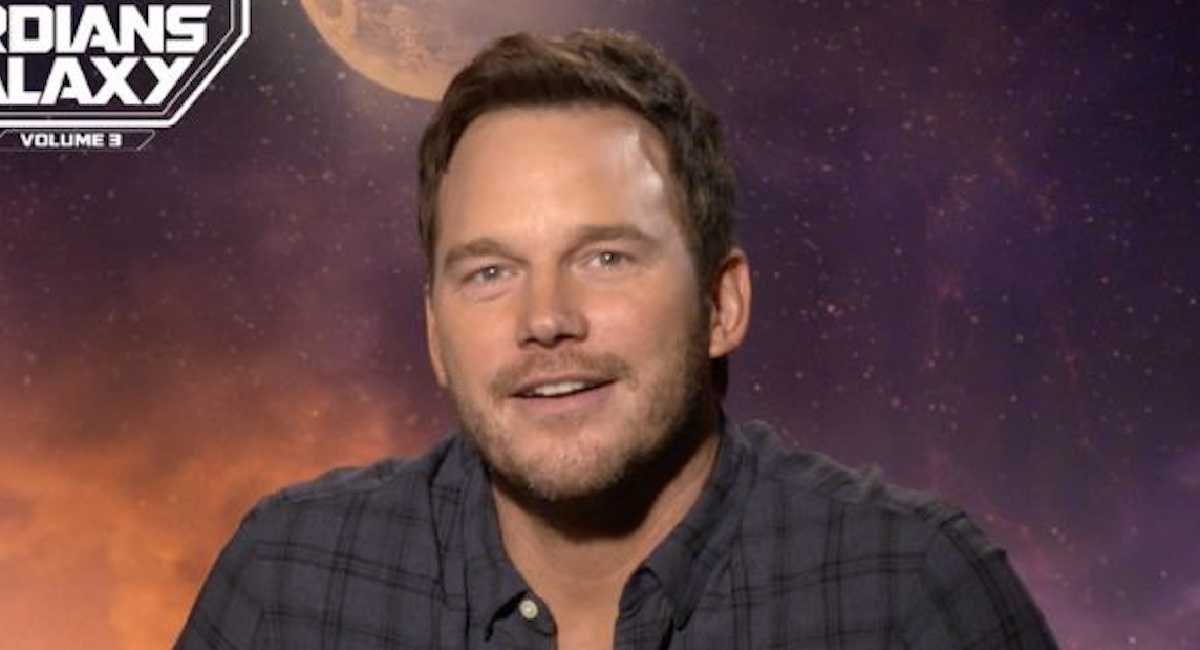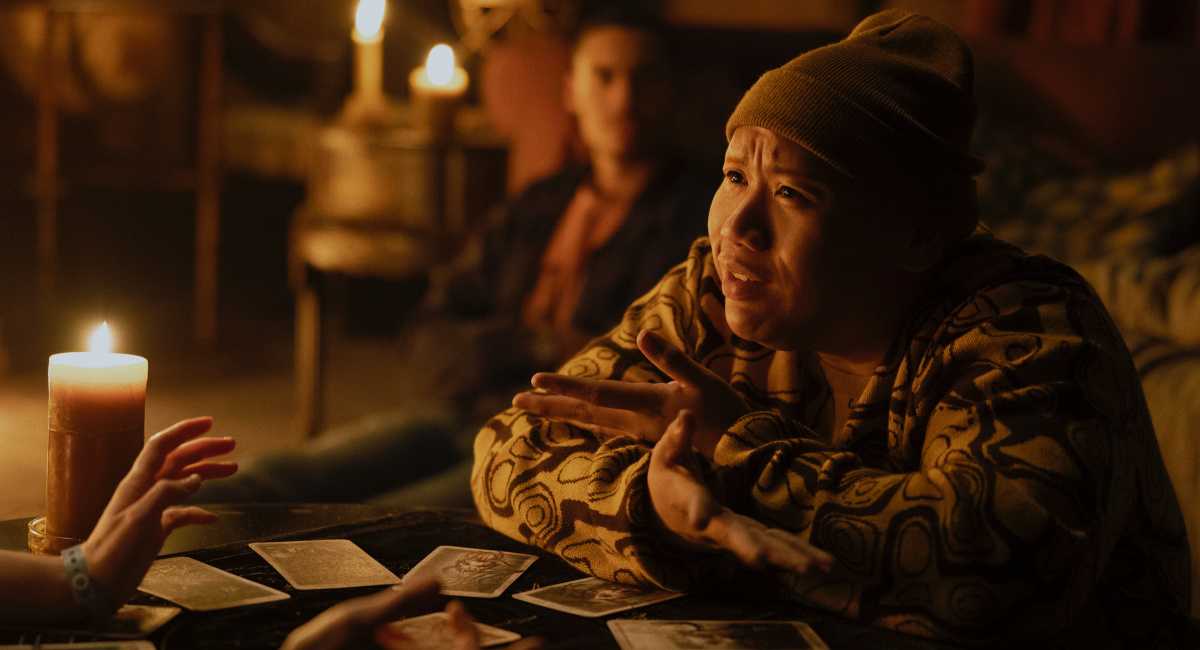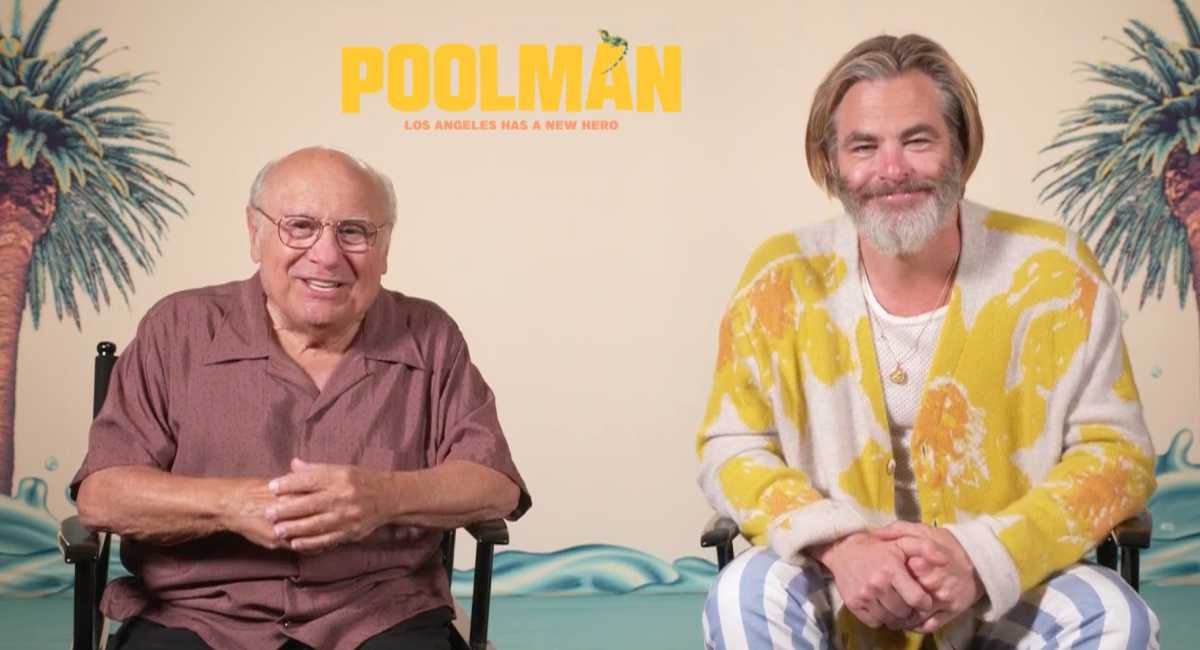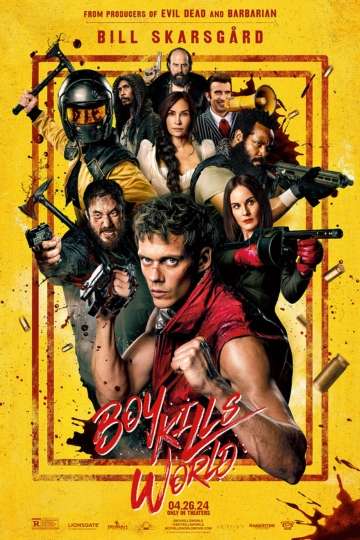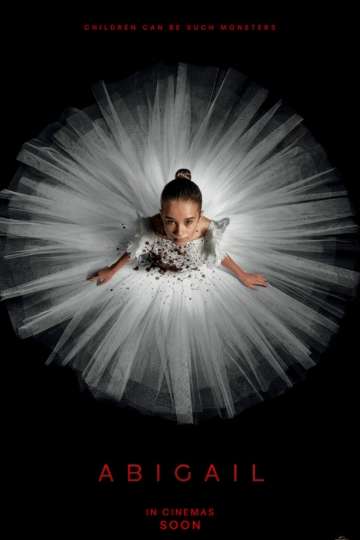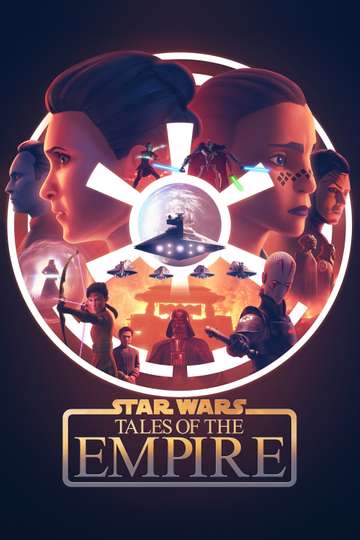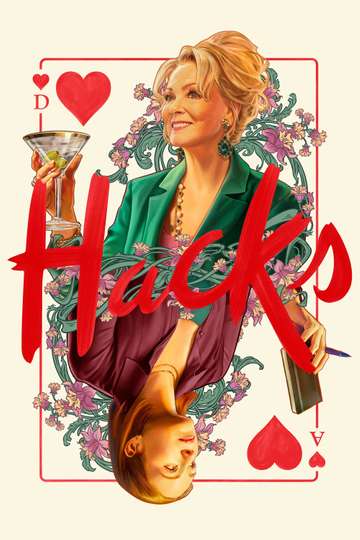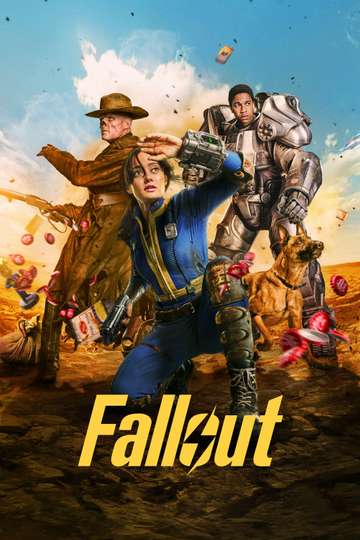Steven Spielberg Reveals the Magic Behind Disney's 'The BFG'
A new journey into the whimsical world of Roald Dahl makes its way to the giant screen this week with Disney's "The BFG."
Director Steven Spielberg returns to his child-at-heart roots in his first collaboration with Disney, and, during the movie's press tour, Spielberg shared what attracted him to the adaptation of the classic children's book about a Big Friendly Giant who takes a young girl along with him on an adventure to a land full of dreams.
Joined by leads Ruby Barnhill (Sophie) and Mark Rylance (The BFG), we discovered the magic behind the making of a Spielberg film ... straight from the man himself.What made "The BFG" appealing to you ... to come back to the kind of story where a child meets a being, like in "E.T."?
Steven Spielberg: What appealed to me was the protagonist was a girl, not a boy. And a very strong girl. The protagonist was going to allow us, at a certain point, to believe that 4 feet tall can completely outrank 25 feet tall. I got very excited that this was going to be a little girl's story. Her courage and her values were going to, in a way, turn the cowardly lion into the brave hero at the end.
Do you feel like you still learn something on every movie?
Spielberg: I learned something, I guess, I learned before working with child actors. That it has to be fun. All the movies I've made about history, it's not really fun because you're trying to get it right and you've got history telling you how it was. My imagination tells me how you'd wish and I wish it had been but I can't go there so I have to kind of censor myself, thinking about kind of stopping myself from creating history that never occurred. This movie for me was a tremendous release. Where all I needed was my imagination and my respect for Roald Dahl's writing to be able to say that this is going to be the most fun I've had in a while and it was.
The screenplay is really wonderful, because it's a special effects-driven movie, but it's so conversational and it doesn't follow those same kinds of traits that can be prevalent in film right now. Can you talk about whether that provided for a challenge, or was it more freeing?
Spielberg: I was complaining about it a little bit to Melissa [Mathison, screenwriter]. I said, "It's gotta go faster. It's gotta go faster." And Melissa, she kept saying, "Now, Steve, you know that this isn't one of your Indiana Jones movies. You should just relax because this is going to be a story where pauses are going to be as important as the words I've written and words Dahl's written. The pauses, the spaces, the patience of the story telling, don't rush it, because it doesn't work rushed. It only works unfolding the way it's unfolding." And that was the best advice she could give me, and she was absolutely right. Film has its own biorhythm, and you can't push it. You just can't.With finding those pauses in the story -- can you talk about how Ruby and Mark were the perfect sort of companions to express that, to voice those discoveries for you?
Spielberg: They hit if off immediately. What was that like when you met him?
Ruby Barnhill: I actually thought to myself, Whoever gets to work with him is going to be so lucky. He's such a nice and gentle guy and that was good. He, like Steven, made me feel really comfortable because I was also really nervous meeting him.
Spielberg: They teased each other all through production. There was a whole life that was occurring while their characters were having their own lives. It wasn't that different -- the characters from the players. They spent a lot of time together when we'd be setting things up. They'd be playing table tennis, they'd be playing basketball.
Mark Rylance:
I find kids inspiring, because, for me, the work is to be spontaneous, you know, to appear to -- that nothing's ever written -- nothing's been written down, no one knows what's gonna happen next. That's the job. And she's just a natural. She's just gifted at that. So she's not a trained actress, but she just really brought herself. And so I -- I don't know what, how to explain it, but she just -- she just keeps reminding you of how simple it is, really, and how natural it can be.It was also fascinating because, the relationship between Steven and her was much more important, really, than my relationship with her. The person she really needed on the set was Steven. Every morning she would run and jump into his arms, and he was the one who had cast her, and was helping her with the emotional scenes, and with the different things. I was just her tennis batting partner, in a way. I was just the person she was hitting the ball to. But Steven, I mean of all directors working with children, he must be the most fascinating one to watch. So I got a very close-up, you know, I was the close-up witness of how he works with children; how much he truly adores the imagination of a child, of a young person.Mark, can you talk a bit about the use of practical methods to get you and Ruby working together despite shooting for scale separately? How important was it to be able to work off her as much as possible?
Rylance: Ruby would be kneeling behind a table so I could actually have eye contact with her. So we'd film something like that, and actually, it was very sensitive. Initially they were worried that Ruby would get tired. And they had another wonderful, young actress doing the off camera work for me. But when I acted with Ruby, I said to Steven, "This girl's great in the morning, but Ruby's unique, and she makes me laugh, and moves me in a totally different way. So if the film is about a kind of friendship between these two, I think we should always be together." And he did that. So, from then on, we always worked together -- very much in the same space. And then Steven would be looking at his screen that had a composite, a very rough composite of my performance from the morning here; with the actual image through that of Sophie, and trying to get our eyesight, our eye lines together, and also our performance matching. So that was the kind of nature.
Ruby, can you talk about meeting Mr. Spielberg for the first time?
Barnhill: At the time, I didn't really know how famous Steven was, because I was like, sat on the plane, and obviously my dad knew. And he was like, "I know. It's so exciting." But I'd only seen, like, the Indiana Jones films, and "E.T.," and so that -- they were kind of like my main ones that I'd seen, and I hadn't really, like, experienced any others at the time. But I was still really excited to meet someone like that. And then, at first, when I met his wife, Kate, I recognized her from "Indiana Jones." When I met Steven, the great thing was that he made me feel so comfortable, and so relaxed, because I'm sure most of you know, like, when you're feeling nervous, it's really nice to have someone there to calm you down and help you stop feeling nervous. When I met him, it kind of felt like I had known him a long time, which was quite nice.
